The Northampton Gent’s 25 books all gentlemen should read
Gents, one of the most important and often overlooked aspects of being a modern gentleman is being well-read. As John Locke once remarked: “Education begins the gentleman, but reading, good company and reflection must finish him.” Reading allows us to explore worlds, engage with characters and understand different perspectives in far more meaningful and deeper ways than can be enjoyed from film or television. It stimulates the mind, improves your vocabulary and introduces you to different ideas and outlooks on life.
By no means a definitive list, we have selected 25 texts (numbered but not ranked) that we love and believe all gents should spend some time perusing.
1. Slaughterhouse 5 – Kurt Vonnegut
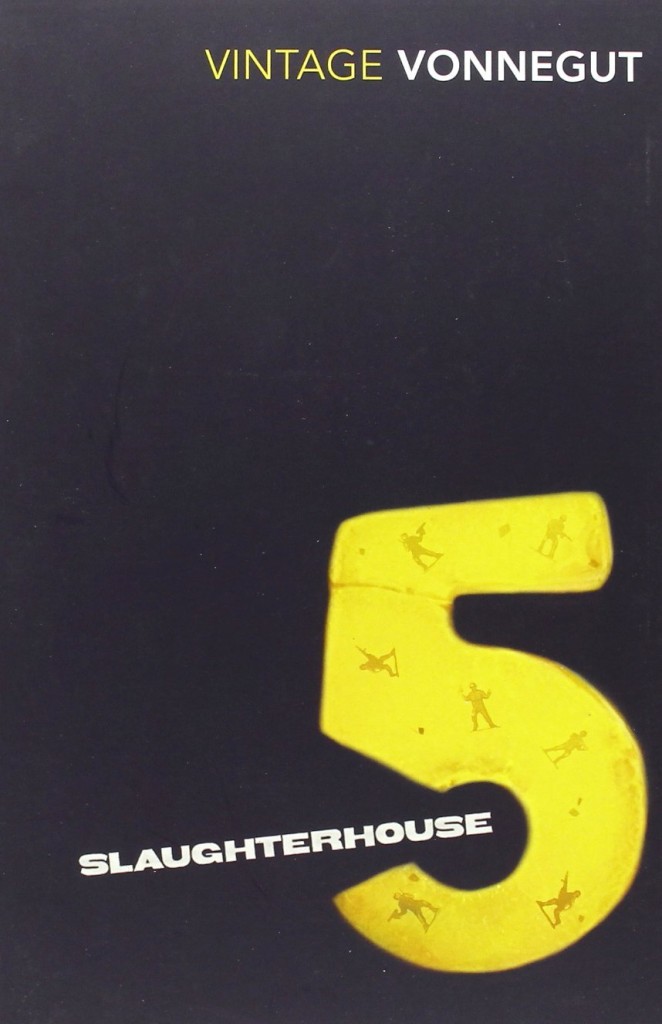
As a prisoner of war that witnessed the Dresden bombings of WWII by the Allies, Vonnegut retells the harrowing tale through this masterful, humorous and unique satire. Featuring time-travel, extra-terrestrials and porn stars, Vonnegut’s bizarre blend of fact and fiction creates a WWII book like no other- so it goes.
“God grant me the serenity to accept the things I cannot change, courage to change the things I can, and wisdom to always tell the difference.”
2. Catch 22 – Joseph Heller
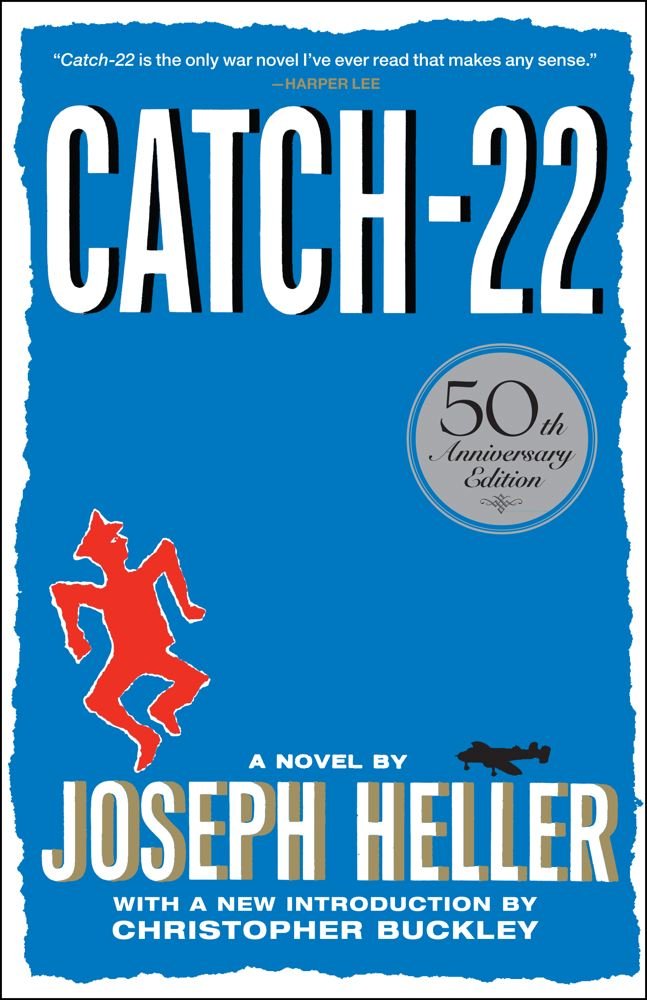
With the name now adopted and engrained into popular vernacular, Catch 22 is a satire without compare. Heller’s masterpiece pokes fun out of the lunacy of bureaucracy, politics and war as Captain Yossarian finds himself in the ultimate ‘no-win’ situation. Hilarious, tragic and brilliant, this influential book is one all men should read at least once.
“When I look up, I see people cashing in. I don’t see heaven or saints or angels. I see people cashing in on every decent impulse and every human tragedy.”
3. Do Androids Dream of Electric Sheep? – Philip K. Dick
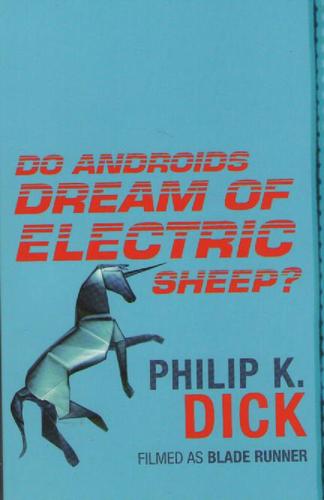
The book that inspired Ridley Scott’s 1982 classic “Blade Runner”, “Do Androids Dream of Electric Sheep?” follows bounty hunter Rick Deckard as he hunts six androids that must be ‘retired’ in a post-apocalyptic world. But as the hunt unfolds, Deckard questions the true notions of humanity, ethics and empathy. A sci-fi classic.
“You will be required to do wrong no matter where you go. It is the basic condition of life, to be required to violate your own identity.”
4. The Great Gatsby – F. Scott Fitzgerald
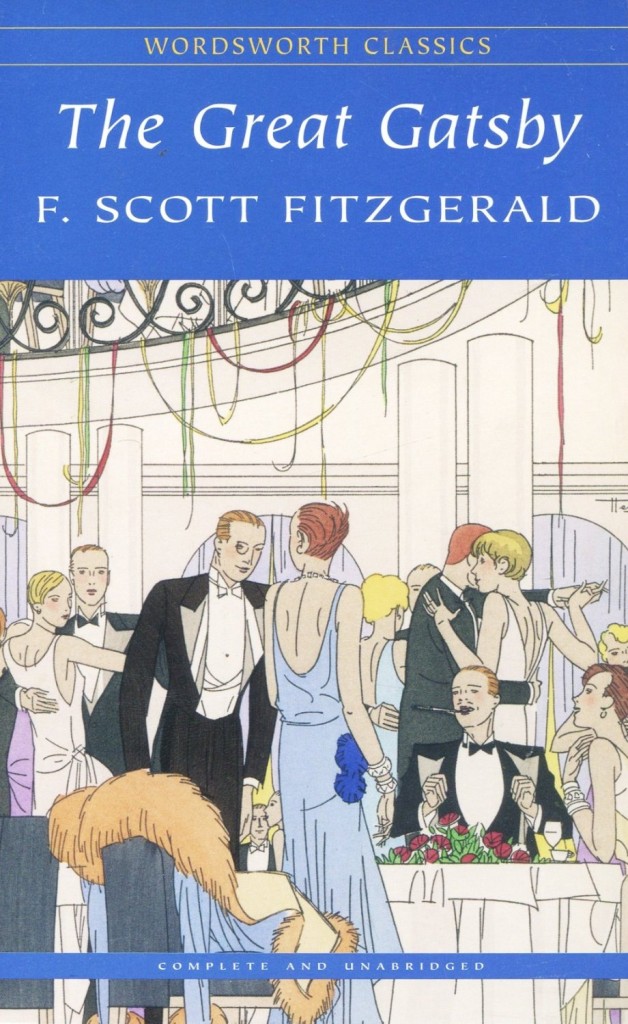
Widely considered to be Fitzgerald’s magnum opus, “The Great Gatsby” is set in the 1920s and focuses on Jay Gatsby; an extravagant, young and aloof millionaire. The tale explores love, decadence, friendship, excess and brings into question the idea of the American Dream. A literary classic and regarded by many as the ‘Great American Novel.’
“The loneliest moment in someone’s life is when they are watching their whole world fall apart, and all they can do is stare blankly.”
5. The Picture of Dorian Gray – Oscar Wilde
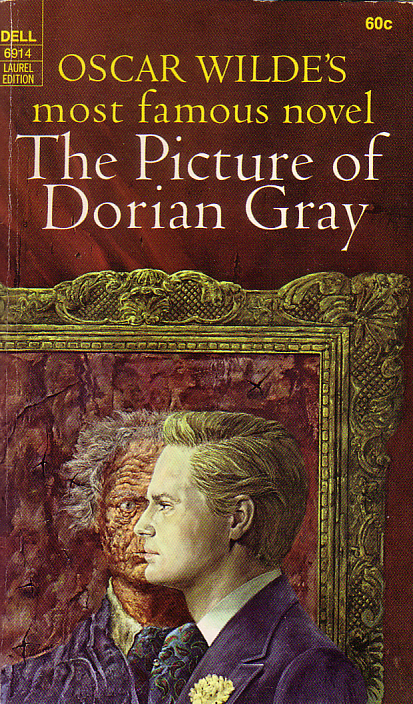
Wilde’s faultless wit is masterfully wielded in this timeless tale of hedonism, debauchery and egotism. An insurmountably quotable book with no end of intelligent one-liners, Wilde reveals the consequences of Dorian Gray’s pride and vanity.
“When one is in love, one always begins by deceiving one’s self, and one always ends by deceiving others. That is what the world calls a romance.”
6. To Kill a Mockingbird – Harper Lee
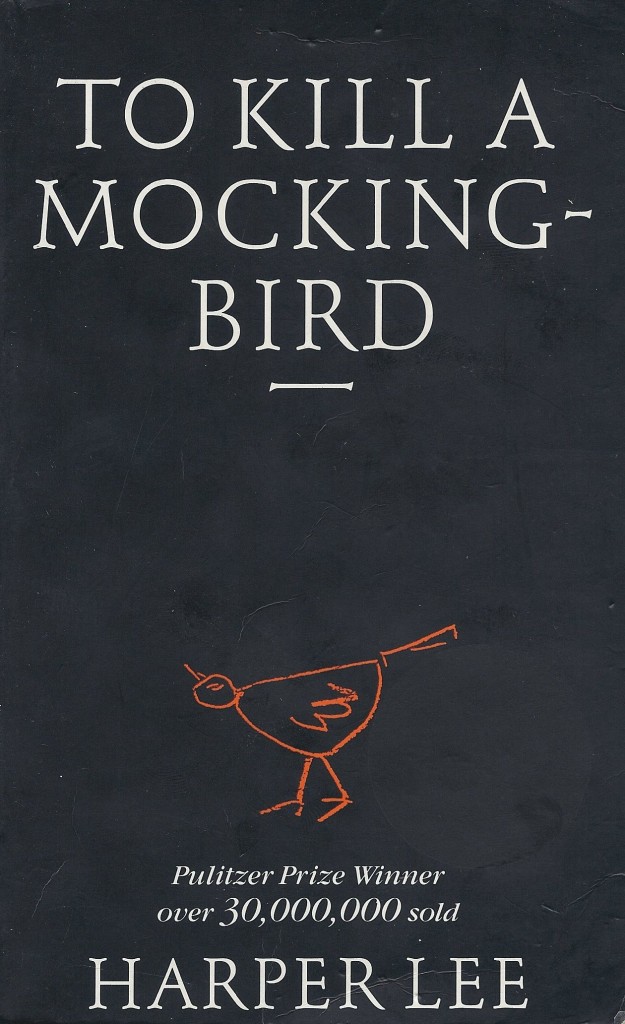
Set in Alabama during the Great Depression, the story explores themes including rape and racial inequality through the eyes of the innocent 8 year old, Scout Finch. As the young child struggles to comprehend what is happening but intrinsically understanding something is wrong, the novel questions social norms and discrimination. It also introduces us to the true ideal of a gentleman in Atticus Finch.
“Real courage is when you know you’re licked before you begin, but you begin anyway and see it through no matter what.”
7. One Flew Over the Cuckoo’s Nest – Ken Kesey
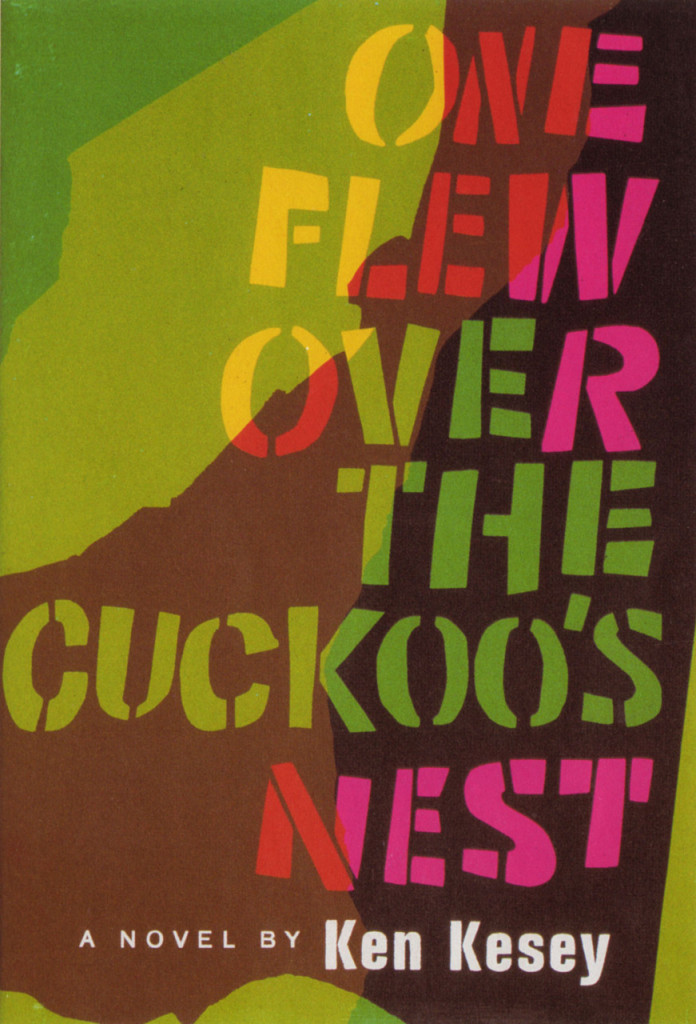
A powerful tale narrated by ‘Chief Bromden’ and following life on a psychiatric ward, “One Flew Over the Cuckoo’s Nest” gives a damning account of psychiatric treatments, bureaucracy, control and oppression. Kesey wrote the novel directly based on his experiences working as an orderly at a mental health facility and his participation in government funded drug trials.
“I don’t think you fully understand the public, my friend; in this country, when something is out of order, then the quickest way to get it fixed is the best way.”
8. A Clockwork Orange – Anthony Burgess
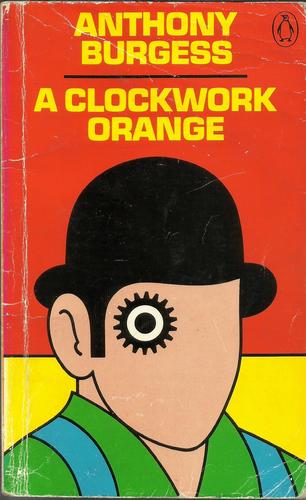
Dive into the “ultra-violent” world of young Alex and his gang as they terrorise a dystopian Britain, committing acts of robbery, rape and assault, only to find that all actions have consequences. Burgess’s masterful use of language will have you speaking “Nadsat” in no time as you follow Alex’s journey through institutionalised reform to maturity.
“Is it better for a man to have chosen evil than to have good imposed upon him?”
9. American Psycho – Bret Easton Ellis

One of the most controversial novels ever written, Bret Easton Ellis’s “American Psycho” is still sold shrink-wrapped in certain countries due the extreme violence that it depicts. Beyond the controversy surrounding it, Ellis reveals the horror created by consumerism and capitalism in the most viscerally explicit ways, as we follow Wall Street banker Patrick Bateman’s descent into insanity. Featuring sex, violence, drugs and Phil Collins, getting through this book requires a strong stomach.
“All it comes down to is this: I feel like shit but look great.”
10. Norwegian Wood – Haruki Murakami
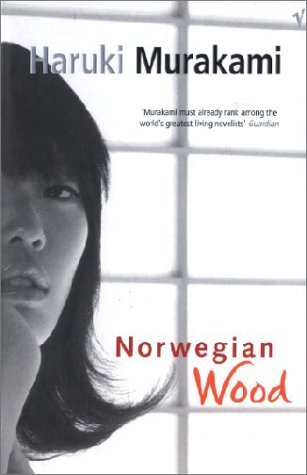
Arguably Murakami’s best novel, it features Toru Watanabe’s story as he recollects over his student past after hearing ‘Norwegian Wood’, the Beatle’s song. In the backdrop of student protests in 1960’s Tokyo, we follow Watanabe as he builds close relationships with two different women. Filled with emotional confusion and questioning what true love is, Murakami’s novel is both tragic and beautiful.
“What a terrible thing it is to wound someone you really care for and to do it so unconsciously.”
11. Generation X – Douglas Coupland
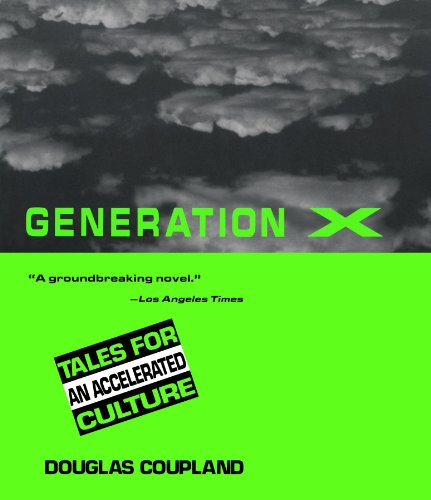
Coupland’s iconic book of a generation disinterested in money, consumerism and social status led to the popularisation of terms such as “McJob”, that have entered our common language. The book captured the zeitgeist of the age, defining a generation of over-educated and under employed young people trying to decide what to do with themselves. The ideal post-graduation book for any young gentleman.
“As the expression goes, we spend our youth attaining wealth, and our wealth attaining youth.”
12. 1984 – George Orwell

We very much doubt when Orwell wrote his chilling dystopian masterpiece on the pervasive nature of a totalitarian state and the struggle for one man to retain his individualism and free will, his warnings of Big Brother would result in self obsessed, media hungry buffoons locked in a house for us to watch. But, in the midst of scandals such as the Snowden affair, this book is still as significant and relevant today as it was in 1984 and a must read for all.
“Power is not a means; it is an end. One does not establish a dictatorship in order to safeguard a revolution; one makes the revolution in order to establish the dictatorship.”
13. Brave New World – Aldous Huxley

Huxley’s ‘Brave New World’, depicts a dystopian future where the governments has pacified society through various means, including unbridled consumerism, government encouraged drugging, reproductive manipulation and psychological conditioning. Whilst Orwell feared that knowledge would be deprived from society, Huxley’s fear was that of a society conditioned to deprive itself of knowledge through trivial pursuits, irrelevance and egotism; sentiments which may be more relevant now more than ever before.
“Universal happiness keeps the wheels steadily turning, truth and beauty can’t.”
14. The Catcher in the Rye – J D Salinger
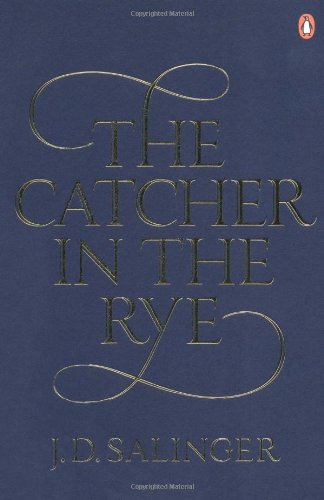
Salinger’s 1951 novel ‘Catcher in the Rye’ considers the difficulty and complexity of young adolescents who feel that they do not belong. A novel popular with many teenagers, Holden Caulfield represents the anxiety and scepticism that many are able to relate to at this transitional stage in life into adulthood. Worth a read at any age to get an insight into the mindset of the young and confused.
“I don’t give a damn, except that I get bored sometimes when people tell me to act my age. Sometimes I act a lot older than I am – I really do – but people never notice it. People never notice anything.”
15. The Brothers Karamazov – Fyodor Dostoevsky
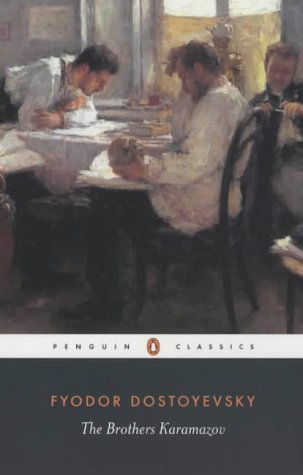
Set in 19th century Russia, Dostovesky’s final novel is a gripping tale of love, betrayal, morality and existential debate revolving around the lives of a Russian family whose rivalry has tragic consequences for those around them. Dostoevsky’s philosophical examination of God, free will and ethics has inspired a plethora of writers and philosophers, and, as Vonnegut said “everything there was to know about life is in ‘The Brothers Karamazov,’ by Fyodor Dostoevsky.”
“The mystery of human existence lies not in just staying alive, but in finding something to live for.”
16. Fight Club – Chuck Palahniuk
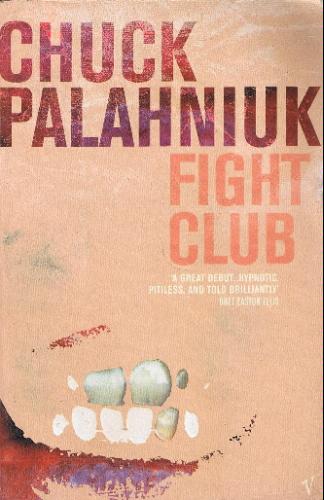
Palahniuk’s ‘Fight Club’ is a tale for any gentleman who has ever questioned his masculinity whilst walking the aisles of IKEA. The tale revolves around a sleepless narrator who gradually finds himself shifting from a passive consumer to underground fighter, led by friend Tyler Durden. Before long, he finds that he is unwittingly involved in something far more radical. Questioning modern masculinity, corporate America and consumerism, Palahniuk’s novel is one that all men can relate to on some level.
“We’ve all been raised on television to believe that one day we’d all be millionaires, and movie gods, and rock stars. But we won’t. And we’re slowly learning that fact. And we’re very, very pissed off.”
17. Requiem for a Dream – Hubert Selby
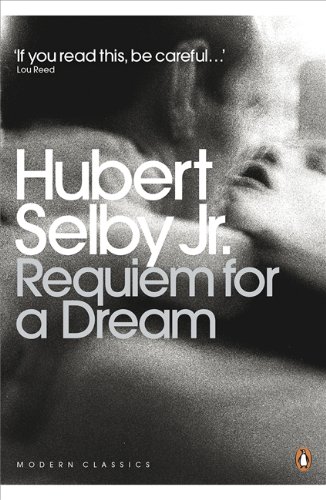
Selby’s tragic tale follows the lives of Harry, Marion, Tyrone, and Sara as they pursuit their dreams and the devastation that ensues. ‘Requiem for a Dream’ exposes the destructive nature of drugs, both legal and illegal and the anguish of chasing the American Dream. A book that has beauty and heartbreak in equal measures.
“He didn’t know what was defeating him, but he sensed it was something he could not cope with, something that was far beyond his power to control or even at this point in time comprehend.”
18. Fahrenheit 451 – Ray Bradbury
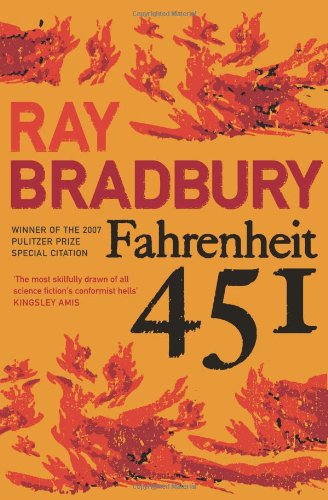
Bradbury’s dystopia revolves around Guy Montag, a fireman in the most literal sense, who is tasked with hunting down and burning all forms of literature which have been deemed subversive in a society that is defined through mass media. Bradbury’s novel acts as a stark reminder for the need for literature in society, the dangers of censorship and the threats of mass media distractions.
“We need not to be let alone. We need to be really bothered once in a while. How long is it since you were really bothered? About something important, about something real?”
19. Atlas Shrugged – Ayn Rand
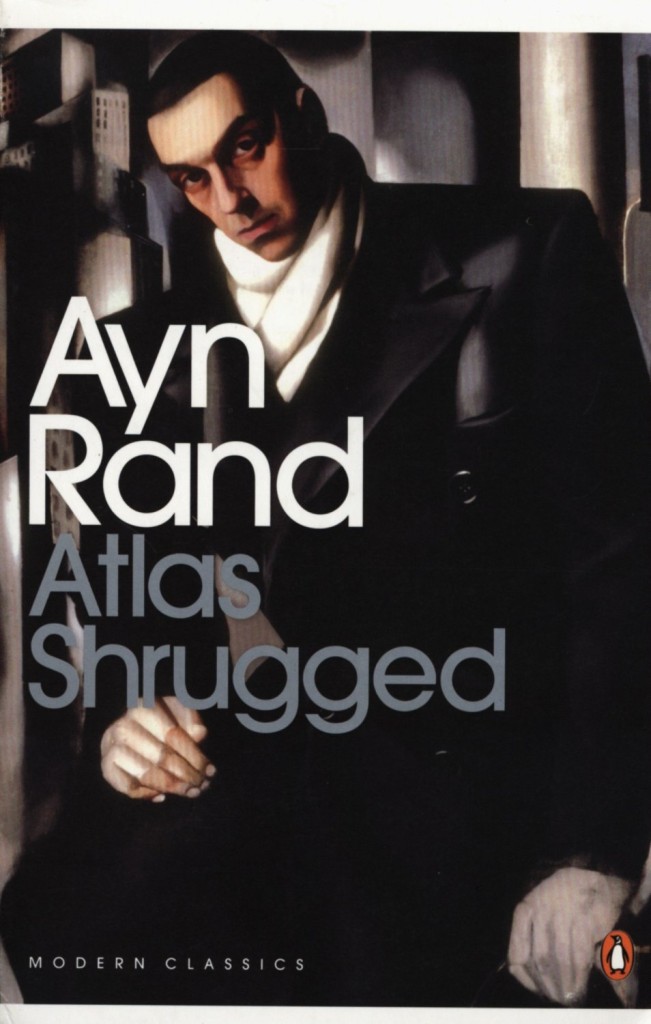
Widely considered Rand’s magnum opus, this dystopian tale expresses Rand’s philosophy of ‘Objectivism’ by questioning what would happen if the world’s most successful, creative and productive minds were to stop. Through society’s collapse, Rand illustrates the need for man’s rational selfishness and the destructive nature of socialism in this endeavour. Whilst you may not agree with Rand’s philosophy, the book is a masterpiece that will force you to think about individualism and the role of the state.
“Joy is the goal of existence, and joy is not to be stumbled upon, but to be achieved, and the act of treason is to let its vision drown in the swamp of the moment’s torture.”
20. Don Quixote – Miguel De Cervantes
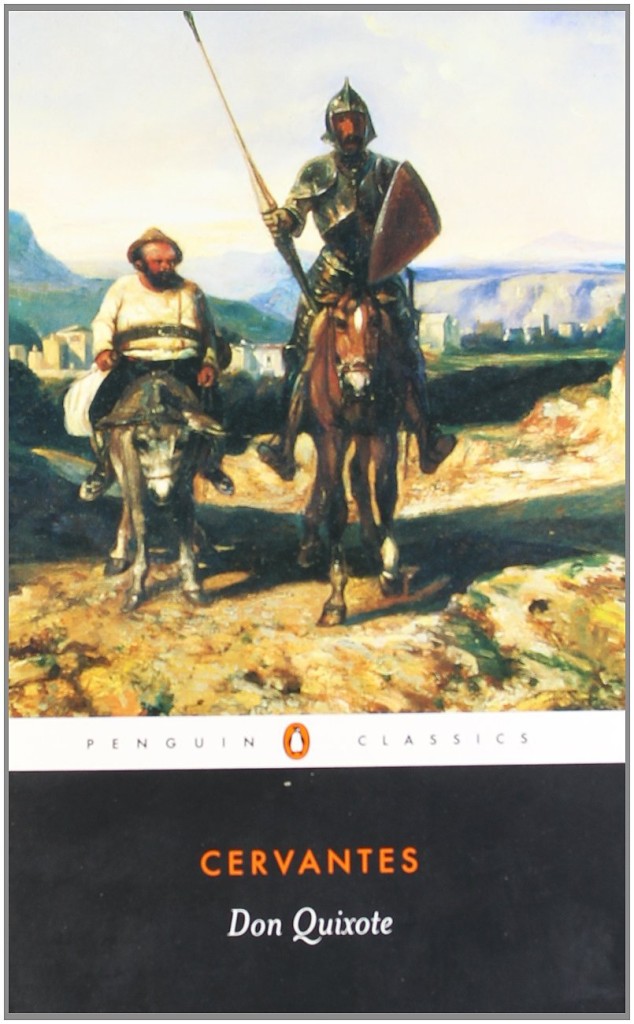
Regarded by many as one of the most influential and greatest works of fiction ever written, the tale centres around Don Quixote, an aging man caught up in the romantic tales of knighthood and chivalry. Determined to become a knight and revive chivalry, Quixote engages in various comical misadventures. Miguel De Cervantes’ novel is a must for any gentleman, just be sure not to dig out a suit of armour after reading it.
“The proof of the pudding is the eating.”
21. Of Mice And Men – John Steinbeck
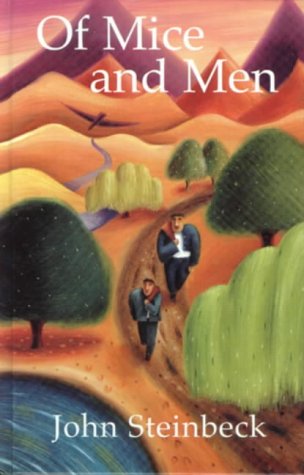
Steinbeck’s novel centres around 2 friends, Lennie Small; the mentally disabled giant with a love for anything soft, and George Milton; a clever man who acts as Lennie’s protector. Lennie’s immense physical strength often leads to Milton having to rescue his friend, but as tragedy occurs, Milton is forced to make the ultimate choice for their friendship. A tale that looks at injustice, racism and importantly, the bonds of friendship.
“His ear heard more than what was said to him, and his slow speech had overtones not of thought, but of understanding beyond thought.”
22. Metamorphosis – Franz Kafka
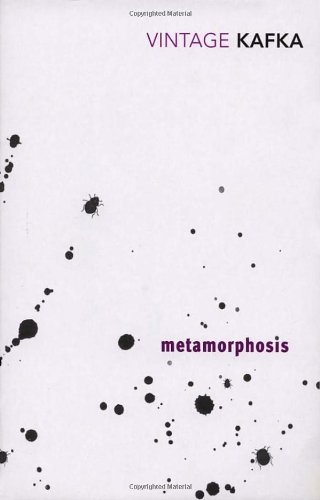
Kafka’s seminal novella focuses on Gregor Samsa, a travelling salesman who is responsible for supporting his parents and sister, until one morning when he awakens to discover he has become a giant insect. Unable to provide, the story looks at how Samsa’s identity within his family and society changes. Kafka’s work will certainly make you question the way you treat others.
“It hardly surprised him that lately he was showing so little consideration for the others; once such consideration had been his greatest pride.”
23. Kazuo Ishiguro – Never Let Me Go
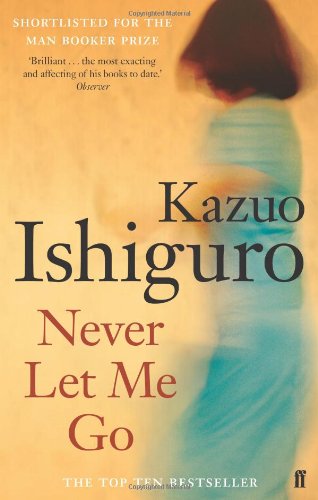
Ishiguro’s wonderfully subtle novel centres on Kathy and her two friends, Ruth and Tommy. As the tale develops and a love triangle matures, Kathy recalls her idyllic and sheltered past at Hailsham, a private English school, and learns of her and her friends’ wretched destinies. ‘Never Let Me Go’ explores a multitude of themes in Ishiguro’s understated and ingenious style and is most certainly worth reading.
“You need to remember that. If you’re to have decent lives, you have to know who you are and what lies ahead of you, every one of you.”
24. White Teeth – Zadie Smith
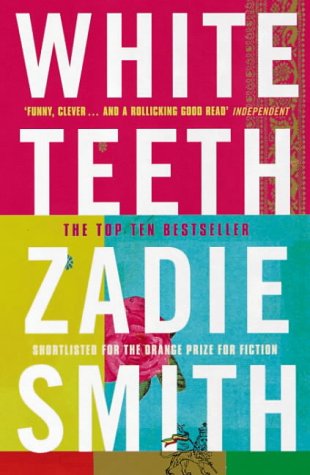
Zadie Smith’s humorous and charming tale of the lives of various, different families living in London, weaves a fascinating story that reflects Britain’s changing cultural and racial landscape in the last century and highlights the difficulties of reconciling cultural differences in a new society. Smith’s novel looks at family, love and friendship; all very impressive considering she was only 24 when this was published.
“In the end, your past is not my past and your truth is not my truth and your solution – is not my solution.”
25. Watchmen – Alan Moore
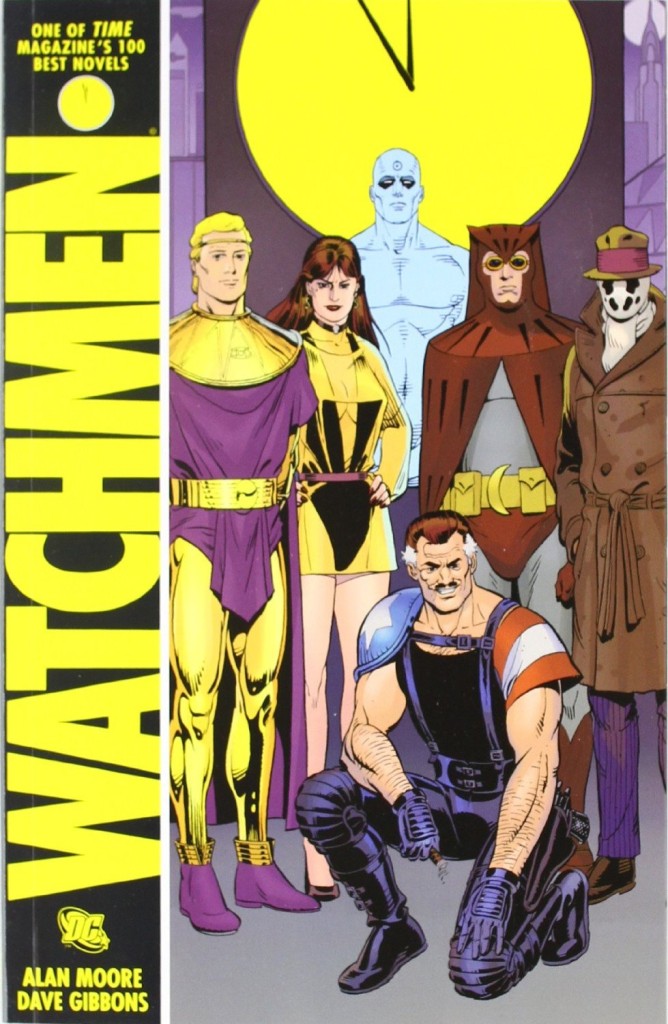
“How dare a graphic novel be included with the likes of Orwell and Wilde” we hear you cry incredulously. Well hear us out because we have two good reasons. The first is that ‘Watchmen’ is one of the most influential graphic novels to have ever been conceived. Moore creates a rich, alternative universe set in 1980s America in the midst of the Cold War where superheroes have impacted on wars of the past such as Vietnam and are then outlawed. ‘Watchmen’ humanises superheroes, reveals their flaws and questions notions of ethics and morality. The second reason is that Moore, the genius behind the graphic novel, is a local resident of Northampton and thus it seems only fitting that his seminal piece of work has a place on the Northampton Gent’s list. Whether you are fan of comics or not, this is one that all should own.
“Looked at sky through smoke heavy with human fat and God was not there. The cold, suffocating dark goes on forever and we are alone. Live our lives, lacking anything better to do. Devise reason later. Born from oblivion; bear children, hell-bound as ourselves, go into oblivion. There is nothing else.”
So there you have it; our 25 reads gentlemanly reads. If you feel there are unworthy additions or glaring omissions then let us know below.

